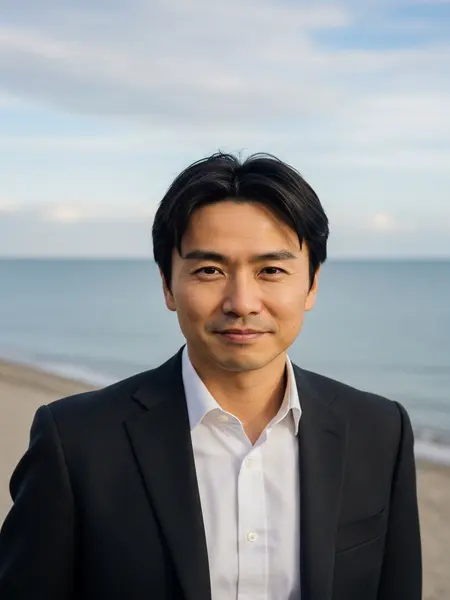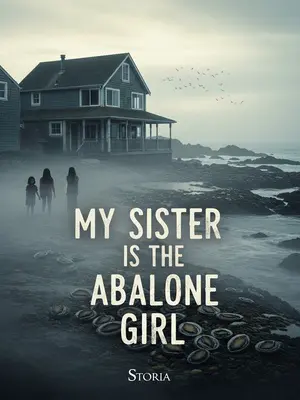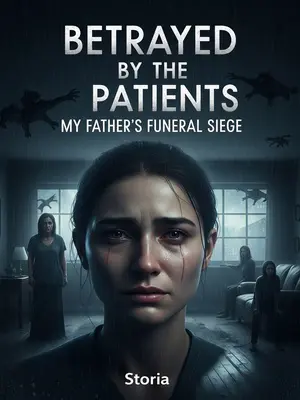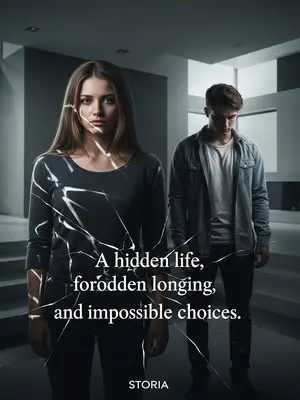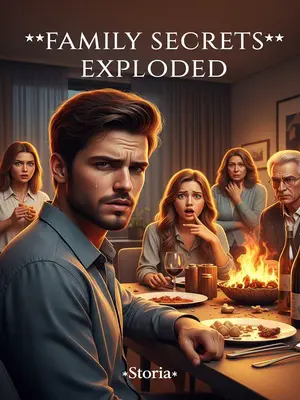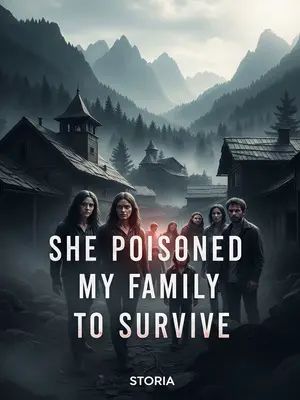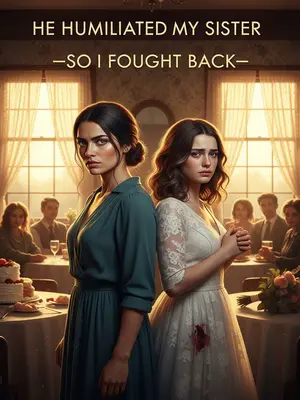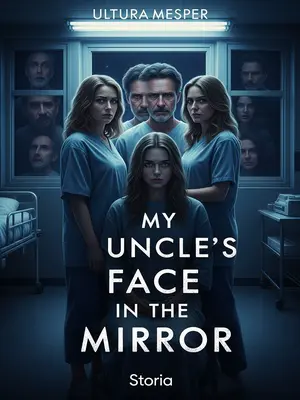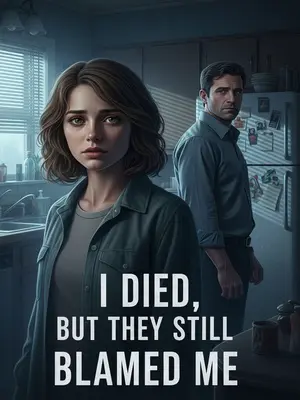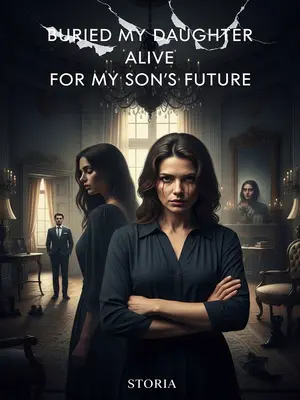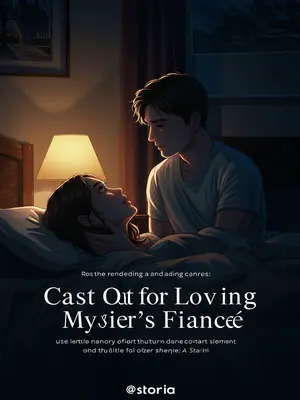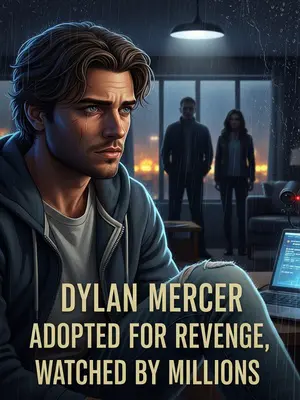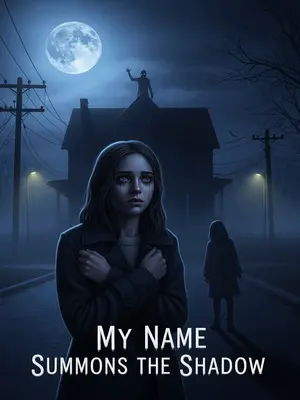Chapter 1: The Blue Stamp and the White Line
Every time I walk past the butcher’s counter at the local grocery store, I see that blue USDA stamp they put on the pork.
That blue mark—it always jumps out at me, even when I’m just trying to hurry by with my cart. Just a stamp, but it gives me chills every time. Honestly, it’s like a ghost I can’t shake, you know, something that still clings to me after all these years. The way the butcher slaps it on, just going through the motions, makes my skin crawl.
It fills me with this deep, gnawing fear. And a kind of sadness, too. God, it just makes me want to cry.
Sometimes, just for a second, I have to stop and steady myself, pretending to check my shopping list. I feel that old ache rising in my chest—the kind I try to swallow down. It’s not just the meat or the stamp. It’s what it reminds me of: a life I’d rather forget. But I never can.
Because once, I lived like livestock too—almost branded, just like that. God. I can still feel it.
I still feel the phantom sting of a stamp—like it’s burning even now. The way people looked at us, like we were something less than human. Like we belonged to someone else, just waiting for approval, for permission to exist.
My brother died—the day before the inspection.
That day, everything changed. I can still see the sunlight slanting through the window, the way it hit the dust motes in the air, the hush before everything went to hell.
Just like that—the county board’s enforcers in black.
They always wore those black uniforms—government issue, no names on the badges. You’d see them around town sometimes, always just a little too still, you know? Eyes hidden behind dark glasses. When they came for my brother, it was like the whole world held its breath.
By the time we got there, my brother was already sprawled out under the old maple tree. Right at the edge of Maple Heights. His body was covered in yellow leaves.
The maple tree stood at the very edge of town, where the grass got wild and the woods started crowding in. My brother’s sneakers were half-off, one foot dangling over the painted white line that marked the town boundary. Leaves drifted down, settling in his hair. I remember the smell—earthy, sharp, and wrong.
My mom lost it. She threw herself onto his body and screamed.
Her cries tore through the quiet morning. She clung to him, shaking, her hands stained with dirt and blood. People gathered in a loose circle, but nobody came too close. Some of them wept, others just stared, faces pale and blank.
Dad just stood there, his face like stone, staring at the mayor.
He didn’t say a word. His jaw clenched, hands balled into fists at his sides. The mayor didn’t even flinch, just watched us, eyes flat and cold. Dad’s silence was louder than any shout.
The mayor acted like nothing happened, scanning the neighbors like he was counting heads.
He wore his Sunday suit, a gray wool number that always looked a size too big. He cleared his throat, straightened his tie, and looked right through us. His voice was calm, almost bored, like he was reciting a grocery list.
“I’ll say it one more time—you’re all infected. Until you’ve been stamped with the quarantine seal, no one leaves Maple Heights. If you do, don’t blame the law when it comes down hard.”
He spoke like he was reading scripture, each word heavy with finality. The neighbors shifted, murmuring to each other. Someone pulled their kid in close. The men in black stood at attention, rifles slung across their chests, eyes fixed straight ahead.
“But you can’t just kill my Danny! He never left the town!”
My mom, hair disheveled, lifted her head and screamed, her voice hoarse and desperate.
She sounded almost animal. Raw. Broken. Her hands shook as she pointed at the mayor. I saw Mrs. Callahan from next door wipe away a tear, but nobody stepped forward. Fear kept everyone in place.
Suddenly, all those black muzzles swung her way.
You could hear the metallic click as safeties came off. I swear, the air went solid. I felt my heart hammering in my chest, panic rising like bile.
Dad stepped in front of her. Didn’t say a word.
He just stood there, shielding her with his body. For a moment, I thought they might shoot him too. The mayor just stared, didn’t blink.
The mayor shook his head. “No. Danny had already stepped outside the town line. Look—his shoe’s over the line. I just dragged him back. We can’t let the virus contaminate the world outside.”
He gestured to the white line, his voice cold as ice. It didn’t matter that Danny was gone, or that he’d barely crossed. The rules were everything here—no exceptions, no mercy.
“No! You killed him on purpose! You’ve always hated Danny!” my mom shrieked.
Her accusation hung in the air. The mayor sneered, lips curling, and a few neighbors looked away, suddenly fascinated by their own shoes. It was an open secret that Danny never fit in—too wild, too different.
The mayor sneered and slowly walked up to my dad. “Frank, do you know the three words drunks love to say most?”
He took his time, letting it hang there. His shoes crunched on the gravel. Dad didn’t move, didn’t answer.
“I’m not drunk,” my dad said, head down.
His voice was low, almost a whisper. He stared at the ground, fists still clenched. The mayor’s mouth twitched in a half-smile.
The mayor nodded. “Exactly. And your Danny—his favorite three words were ‘I’m not sick.’
He paused, letting the words echo. The neighbors murmured, some nodding in grim agreement. The men in black stood like statues.
“Drunks say they’re not drunk; same principle, only the truly sick insist they’re not sick.”
He sounded almost triumphant, like he’d won some twisted argument. It was logic you couldn’t argue with—not here, not now.
“Danny lost his mind because the virus mutated inside him. It invaded his brain. He was a severe case—if I hadn’t killed him, the whole town could’ve been infected. Everyone else’s recovery would be at risk.”
He’d done this before. You could tell. I saw Mr. Collins, who’d lost his wife last year, nodding along. People wanted to believe there was a reason for all this.
The neighbors all nodded. Like, yeah, the sick don’t belong here.
There was a ripple of agreement, like a wave of relief. No one wanted to be the one to question the rules. Not when the rifles were still pointed at us.
How is that the same—being drunk and being infected?
My mom suddenly jumped up, her face twisted, eyes wild—she looked like she wanted to tear the mayor apart.
Her hands clawed at the air, her voice cracking. I saw the mayor step back, just a hair, his mask slipping for a second. The crowd tensed, ready for violence.
She was about to lose it. I rushed to grab her.
I wrapped my arms around her, holding her tight. She sobbed into my shoulder, shaking so hard I thought she might break apart. I whispered anything, just nonsense, trying to calm her down, but my own voice was shaking too.
“I watched Danny grow up. I didn’t want to do it, but there’s no choice. There are laws. Keeping the infected from leaving is my job.”
The mayor sounded almost sad, but his eyes were flat. He looked past us, like he was already somewhere else. The men in black relaxed, just a little.
“Tomorrow’s the full quarantine. I hope every one of you gets that blue stamp and returns healthy to the world outside.”
He said it like a blessing, but now, it felt like a brand.
He gave my dad a long, meaningful look, then left with his men in black.
Their boots crunched on the gravel, fading into the distance. The neighbors melted away, some whispering, some just shaking their heads. The old maple tree stood silent, watching over us.
I watched them go, feeling lost.
The world seemed suddenly too big, too empty. I hugged myself. Wished I could just disappear. The wind rustled the leaves, and I wondered if Danny was still out there, somewhere beyond the hills.
If you get that blue stamp, can you really go?
The question echoed in my mind, heavy and hopeless. I’d grown up hearing stories about the outside—how bright and clean it was, how people lived without fear. But now, it all seemed like a fairy tale.
